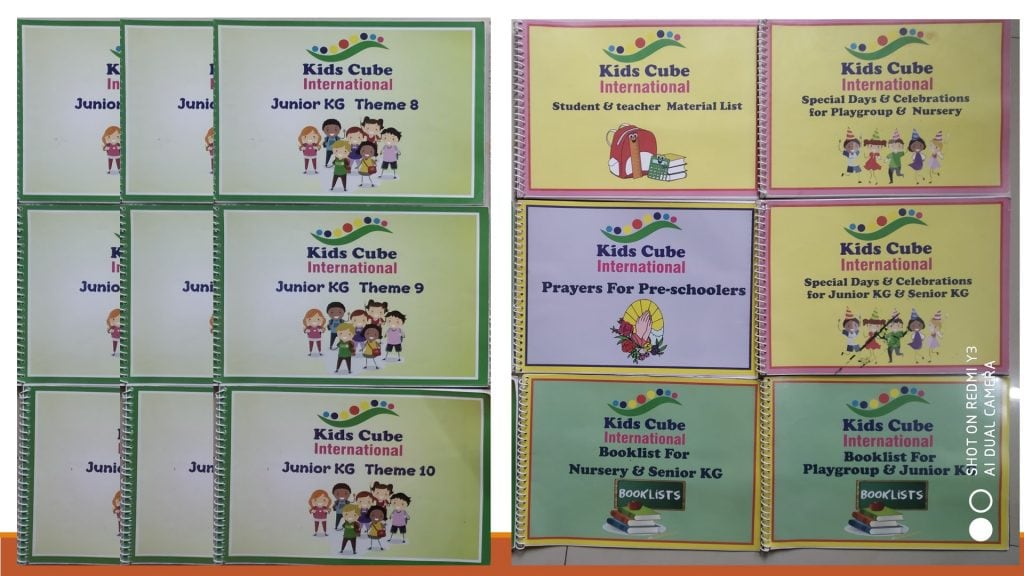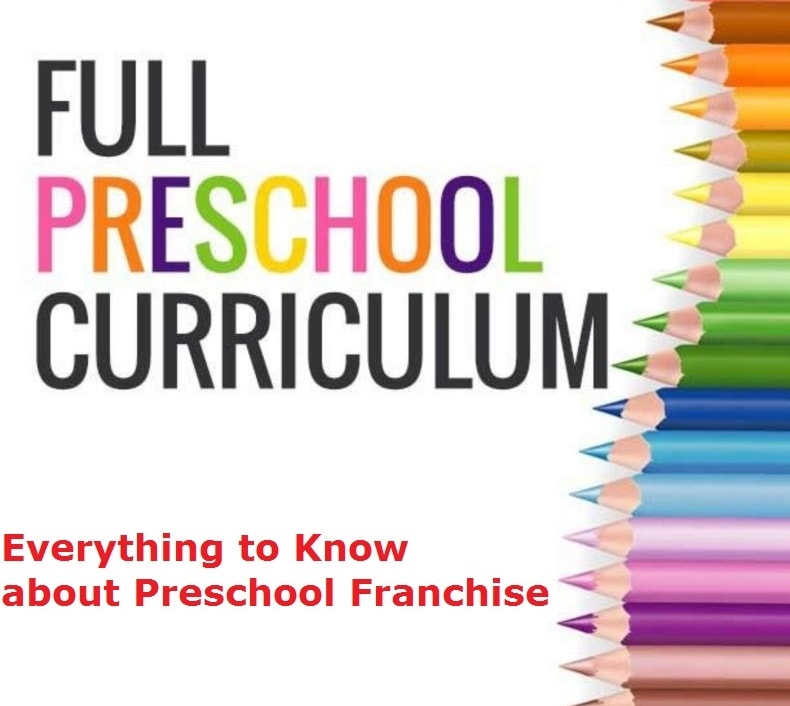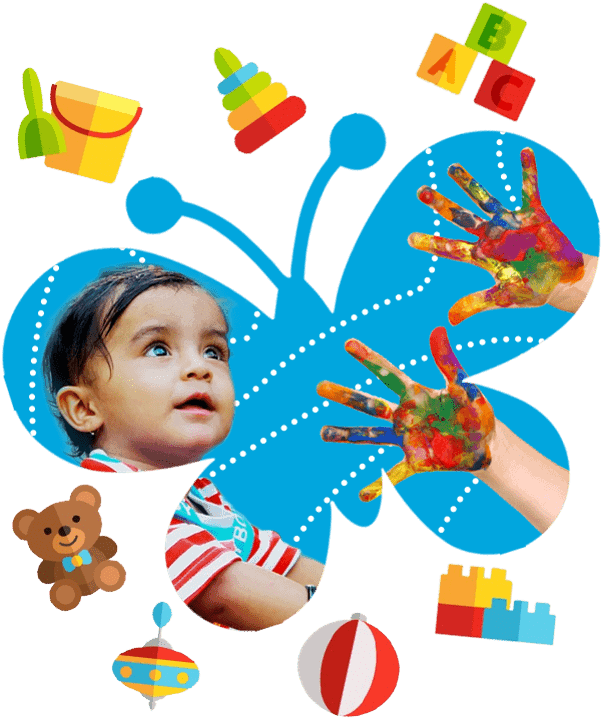WRITE UP OF OUR PRESCHOOL CURRICULUM
The Curriculum developed by us is of purely international standard and it is blend of Montessori and Multiple Intelligence methodology.
It is a unique combination of traditional play way methods and modern technology, the curriculum is very different from other counterparts and will shape the personality of the child in terms of values, skills, analytical knowledge, visual perception with interactive tools.
The curriculum will focus on the holistic development through activities facilitating cognitive emotional, social and physical development.
It will focus on hands on experience for children along with field trips, special days, culminating activities and learning through exploration.



What a curriculum should be like…
A best preschool curriculum in the ideal sense should allow the children to blossom and give way for their freedom to expression. It should not only lay down the guidelines about what the children need to learn but should be able to create an ideal environment to facilitate learning.
All this can happen if the curriculum is developed, keeping in mind the way children learn rather than what they should be taught and what they should not be taught.
Kids Cube Preschool curriculum which caters to the age group 1 to 6 years, has been developed based on the principles of child development and Piaget’s theory of Intellectual development, Reggio Emilia’s approach which is focused on preschool & primary education, the Dr. Maria Montessori method which is child centered & based on sensory motor activities and Dr. Howard Gardener’s theory of multiple intelligence
The curriculum for different age groups are as follows:
Smart Toddler
1 to 2 years of age
Mother Toddler Curriculum
Sapling (SAP)
2 to 4 years of age
Play school and Nursery curriculum
Arise
4 to 6 years of age
Lower kg and Upper kg curriculum
Daycare Curriculum in 4 age groups
1 to 2 years
/ 2- 4 / 4-7/ 7-10
How Does the Curriculum Progress:
The curriculum is for 180 days considering the fact that every school celebrates every festival along with holidays. Also we leave a buffer of 20 to 30 days so that the teachers are able to cover the portion easily and ensure that the child’s conceptual knowledge is intact before he or she enters formal schooling (1st Std)
Each topic or theme for the month takes care of Language, Number, Social-emotional, Creative and cognitive (Concepts) skill. Apart from that, our curriculum includes suggestions for story books which are to be used by the teachers to enhance the moral development (Behavioural Attributes)
For every topic that is to be taught, or for any creative or social activity the aim is mentioned along with the objective and materials required. Then there is a procedure to enable the teacher to understand how she is supposed to teach the same in the class, which are the new words that the children will be learning, sight words to be made to enable reading skills.
An assessment sheet is provided to the teachers to keep a track of the development of the children in their classroom, this helps then to fill up the progress report in turn.
List of all poems and activity sheets are given at the end of every theme so that the teachers can use the same.


Our curriculum in a gist:
- Language & Literacy Skills – listening comprehension, recall of short stories, recall of short events, speaking and communication, can reply to simple questions, ability to express feelings and ideas, read and write own name, phonological awareness, word recognition and reading, rhyming words, writing A to Z (Print -capital and small), Construction of sentences, Read library books.
- Numeracy Skills – Number system, units, tens, objects to represent numbers, complete a pattern in a given sequence, understand pre math concepts like up – down, above – below, big – small etc, seriation, measurement, classification and sorting,
- Science Awareness Skills – Natural world, living and non living things, My body, How to stay healthy, My food, Seasons, Weather, In the jungle, At the zoo, In a farm, Earth and sky, Planets, Air, Water, Plants, Domestic and Wild Animals, Fishes, Birds.
- Social Awareness Skills– My Self, Introduce self, My family, Good Habits, Staying safe, My home, My school, My Classroom ,My neighbourhood, Location and directions, People who help us, Festivals, Our Country.
- General Knowledge Skills – Days of the week, Months, Transportation, Communication, Shapes, Colours, Patterns, Grouping objects, Current Affairs
- Emotional and Behavioral Skills – Interact with other children and adults, Look after own belongings, show concern for others, respect and understand others, show leadership qualities, obey and follow instruction, share things with others, follow classroom routine and schedules, respect property and rules, respect elders and teachers, self discipline, responsibility, do things independently, fairness and honesty, imaginative, learn and explore new things, sensitive towards others feelings and needs, accept opinions, etc.
- Creative Skills – Free Play, Art & Craft (coloring, paper twisting, paper mosaic, paper crumpling, wet chalk drawing, crayon shaving, scrubber painting, paper dabbing, sponge dabbing, spray painting, paper tearing, finger printing, vegetable printing, marble painting, blow painting, string painting, stencil painting, comb printing, bead painting, thumb painting, fist painting) music, dance, dramatic play, group discussions, cooking.
- Physical Skills – (Gross & Fine Motor Skills)– Outdoor Play, Water Play, Sand Play, Walk backward and forward on a straight line, walk on curved lines, run, jump, hop, skip, balance on a beam, sudden stops and change directions, clay molding, thread beading, lace tying, colour within limits, cut along a straight line, copy and draw shapes, put together puzzles, stenciling, drawing, cooking,

